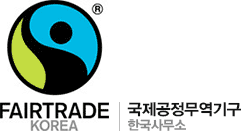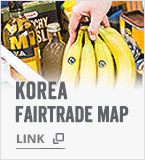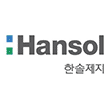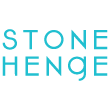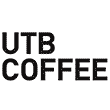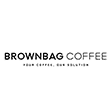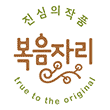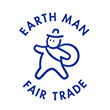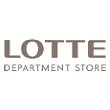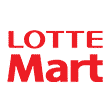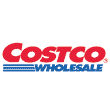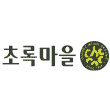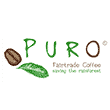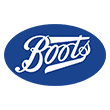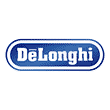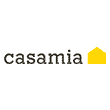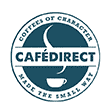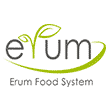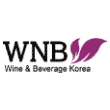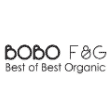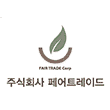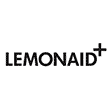- You are here :
- Home
- Farmers and Workers
- Cocoa
Cocoa
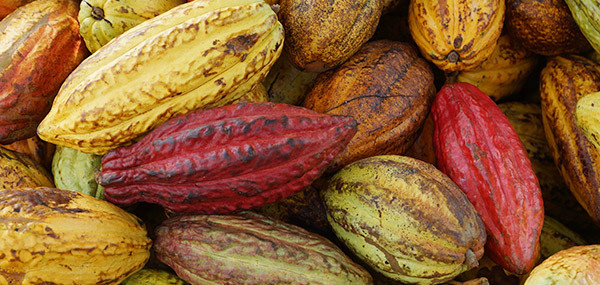
ABOUT COCOA
Around six million people depend on farming cocoa for their livelihoods around the world, with 60% of the world’s cocoa sourced from Côte d’Ivoire and Ghana alone.
What cocoa farming means
Despite the world’s love for chocolate, it is a precarious way of making a living. Although there is a high demand for cocoa, the global price for cocoa has fluctuated wildly in recent decades as a result of weather events and politic upheaval in Côte d’Ivoire, exacerbated by speculators betting on cocoa futures markets. Prices hit a 32-year high in March 2011 before crashing 42% by the end of the year but recovered in 2014 amid industry fears of a shortage of cocoa beans. Such volatility in prices makes it impossible for cocoa farmers to know how much they would be paid for their cocoa beans in a given year, let alone being able to plan for the future.
How is Fairtrade making things better?
Fairtrade aims to make cocoa farming more sustainable so farmers can better provide for themselves and their families. At the end of 2014, 129 small farmer organisations in 20 countries held a certificate to produce and sell Fairtrade cocoa, representing 179,800 small-scale farmers.
Sales volumes of Fairtrade cocoa grew to 70,600 tonnes in 2013-14, a year-on-year increase of 17%. These sales include a Fairtrade Premium of $200 per tonne for farmers to invest in their businesses or local community. In 2013-14, cocoa producer organisations received £8.4 million in Premiums, of which 37% was invested in various projects and programmes to improve productivity and quality. The Premium is also invested in community programmes such as schools (Côte d’Ivoire has only around a 50% literacy rate), medical centres and clean running water. Read more about the investments made by cocoa farmers with the Fairtrade Premium in this recent report.
Farmers in the 85,000-strong Fairtrade certified Kuapa Kokoo co-operative in Ghana have spent their premium on building wells for drinking water, building public toilets, and a mobile clinic to visit member’s villages. They have also invested in training in leadership and management and set up other ways for women especially to earn more money, making soap and palm oil, milling corn and breeding snails.
In addition to the Premium, Fairtrade provides essential training and support to farmer organisations to help them become successful business organisations. In Côte d’Ivoire, Fairtrade undertook training workshops so farmers know how to negotiate their contracts with traders and get a better deal for their members.
Comfort Kwaasibea, a cocoa farmer from the Kuapa Kokoo co-operative, says: ‘Fairtrade is a good thing. Things you take for granted may be hard to come by in Ghana. Fairtrade is good to the farmer and makes us happy. We would like to sell more cocoa to Fairtrade so more farmers can taste a better life.’
Fairtrade also recognises the need to innovate and create more options to allow farmers to sell more of their cocoa on Fairtrade terms. In January 2014, Fairtrade launched new sourcing opportunities for cocoa under the Fairtrade Sourcing Program for Cocoa and by the start of 2016 eighteen companies had begun to source cocoa through this Program.
Source Fairtrade cocoa and cocoa secondary products directly from Fairtrade producers. Click here to learn more
